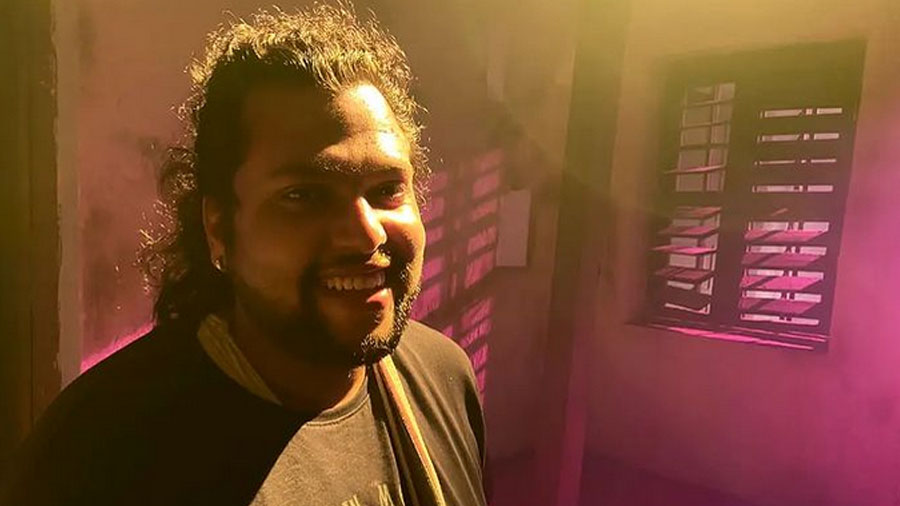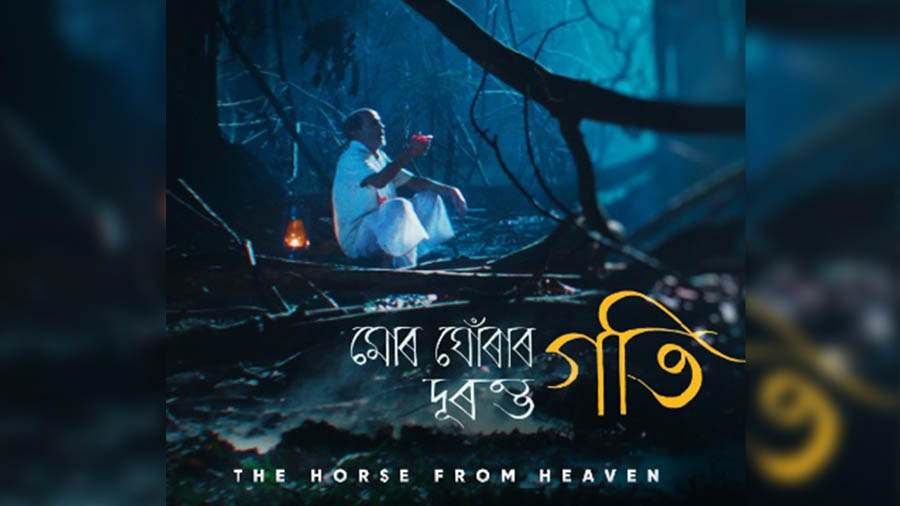A 15-minute Assamese movie Mur Ghurar Duronto Goti (The Horse From Heaven), has qualified to be sent as an entry for the Oscar Awards in the short film fiction category, its director Maharshi Tuhin Kashyap said.
The film tells the story of a man, who believes that he has the fastest horse in the world and wants it to win all races in the city, but what he actually has is not a horse but a donkey.
“Now that we have succeeded in qualifying for the entry, it is a dream come true,” the 27-year-old director said.
The film was made as a student project at the Satyajit Ray Film and Television Institute (SRFTI), Kolkata, and recently won the best film award at the Bengaluru International Short Film Festival (BISFF), an Oscar-qualifying film festival.
Unlike feature films, for sending a short film to the Oscars, one has to win a qualified award at an Oscar-qualifying film festival.
BISFF is the only festival in India which is qualified to send its winner in the International and Indian competition section for Oscars in the Short Film Fiction category.
“We are happy to announce the Horse from Heaven directed by Maharshi Kashyap is the winner of the Indian competition section at the Bengaluru International Short Film Festival 2022 and will qualify as an entry to the Academy short competition section (fiction),” said Anand Varadaraj, BISFF Festival Director, in a certificate.

Maharshi Tuhin Kashyap Instagram
The main crew of the film is presently final year SRFTI students and the film was shot mostly inside the campus and the institute’s studio while some parts were shot in the outskirts of Kolkata.
Maharshi said that as students, they know very little about the grand journey the film has to take now and are hopeful of getting help and guidance from those who are experts.
The director, who has also written the film's script, used Assam’s 600-year-old dying story-telling art form Ojapali to narrate his tale.
Ojapali performers tell stories from mythology by singing, dancing, using gestures and humorous conversations with the audience during their performance.
“I felt that this form can be very interesting to express our story in the film. It is a formal attempt to translate the traditional storytelling form of Ojapali to the cinema,” he said.
“The direct interaction the protagonist has with the audience of the film where songs, monologues and images take the story forward is similar to the way Ojapali performers tell stories,” the filmmaker pointed out.
Humour is a major component of Ojapali performers and it is amply evident in the film. Ojapali performers refer to elements from the modern world and contextualise the stories in the space where they are performing, Maharshi said.
Nayan Jyoti Nath, a young 10th-generation Ojapali artiste, has essayed the role of the protagonist in the film.
“As a filmmaker from North Eastern India, I have grown up amid separatist movements and violence and carry with me the collective consciousness of a land whose stories and cultural boxes are unopened. They are unseen and unheard of,” he said.
“Having a small regional industry definitely makes it difficult, but Assam is now a hotspot of new content in cinema,” the young filmmaker said.
“The path ahead seems long but I am hopeful. We will need a lot of support and resources for the campaigning of the film from all quarters, especially from the government,” he said.
Besides the BISFF, the film has been screened at the Kolkata International Film Festival, Himalayan Film Festival, Jaipur International Film Festival, Deep Focus Student Film Festival and others.
It was also screened as part of a special curation on Transfigured Boundaries at Cineteca National Museum, Mexico.











